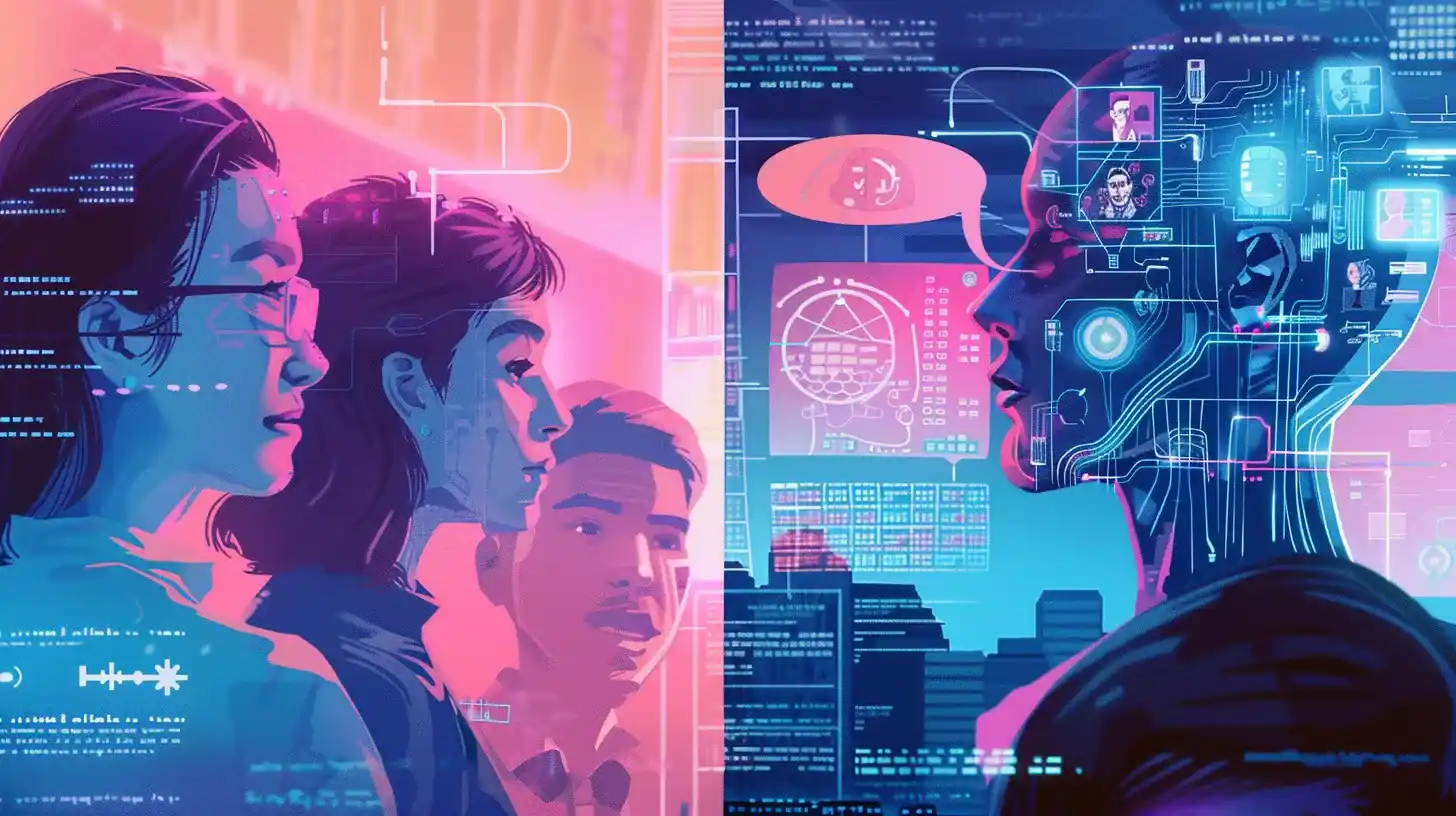Table of Contents
AI Understand Sarcasm: Let’s face it, artificial intelligence (AI) has become remarkably adept. It can ace standardized tests, diagnose diseases, and even lull you to sleep with a perfectly soothing bedtime story. But there’s one uniquely human skill that continues to elude machines: understanding sarcasm. That sly wink hidden within a cutting remark, the playful jab disguised as praise – these are the hallmarks of human wit, and they’ve long been a stumbling block for AI.
However, a groundbreaking new project from researchers at the University of Groningen in the Netherlands may be on the verge of cracking the code. They’ve developed an AI understand sarcasm detector that can identify when this clever yet confusing form of communication is being used.
AI & Sarcasm: Beyond Literal Lies
This isn’t just about teaching machines to recognize that not every glowing compliment is sincere. As Matt Coler, a researcher at the university’s speech technology lab, explains, sarcasm is woven into the fabric of our daily conversations. Understanding it is essential for seamless communication between humans and machines.
“We use sarcasm so much more often than we realize,” Coler says. “But the way we interact with our devices is often very literal, almost robotic. It doesn’t have to be this way.”

The challenge lies in the fact that humans are naturally adept at picking up on social cues like tone of voice, facial expressions, and body language. Text alone lacks these rich layers of meaning, making it trickier for AI to decipher sarcastic intent.
The researchers addressed this by training their AI understand sarcasm on a multi-layered approach. They fed it a rich database of text, audio, and emotional content from popular sitcoms like Friends and The Big Bang Theory. Imagine the AI meticulously analyzing the sardonic delivery of Sheldon Cooper or the deadpan wit of Chandler Bing.
From Sitcoms to Real Life: The Potential of AI Sarcasm Detection
By analyzing these shows, the AI learned not only the nuances of language but also the emotional context that often accompanies sarcasm. The results were impressive. After being trained, the AI could detect sarcasm in new, unlabeled clips from sitcoms with a success rate of nearly 75%.
This research has far-reaching implications beyond simply appreciating reruns of your favorite sitcom. Imagine AI assistants who can navigate the complexities of human conversation, effortlessly AI understand sarcasm, and respond in a way that feels natural. Additionally, the technology could be used to identify negative language and flag potential abuse or hate speech online.
However, there are still hurdles to overcome. As PhD student Xiyuan Gao, another researcher on the project, points out, achieving 100% accuracy may be an unrealistic goal. After all, even humans sometimes misinterpret sarcasm.

Perhaps the most intriguing question lies in the future. What happens when not only AI understand sarcasm but also starts using it? The idea of a machine delivering a perfectly timed sarcastic quip is both amusing and slightly unsettling.
One thing is certain: as AI continues to learn and evolve, the way we interact with technology is bound to change. And who knows, maybe someday our machines will not only understand our jokes but even join in on the laughter.
AI Understand Sarcasm: Machines That Mock and We Who Love Them
The prospect of AI understand sarcasm raises fascinating questions. Will our future interactions with technology resemble witty repartee or descend into a frustrating game of “gotcha”?
There’s a potential for humor, of course. Imagine a world where your AI assistant playfully mocks your forgetfulness or throws a sarcastic barb when you ask it to perform an impossible task. This playful banter could foster a more engaging and even affectionate relationship between humans and machines.
However, the potential pitfalls can’t be ignored. Sarcasm, when used carelessly, can be hurtful and alienating. A poorly timed or misinterpreted sarcastic remark from an AI could damage trust and create confusion.
The key lies in responsible development. As AI understand sarcasm detection continues to evolve, researchers must also focus on nuance and context. AI needs to not only understand sarcasm but also recognize when it’s appropriate and effective.